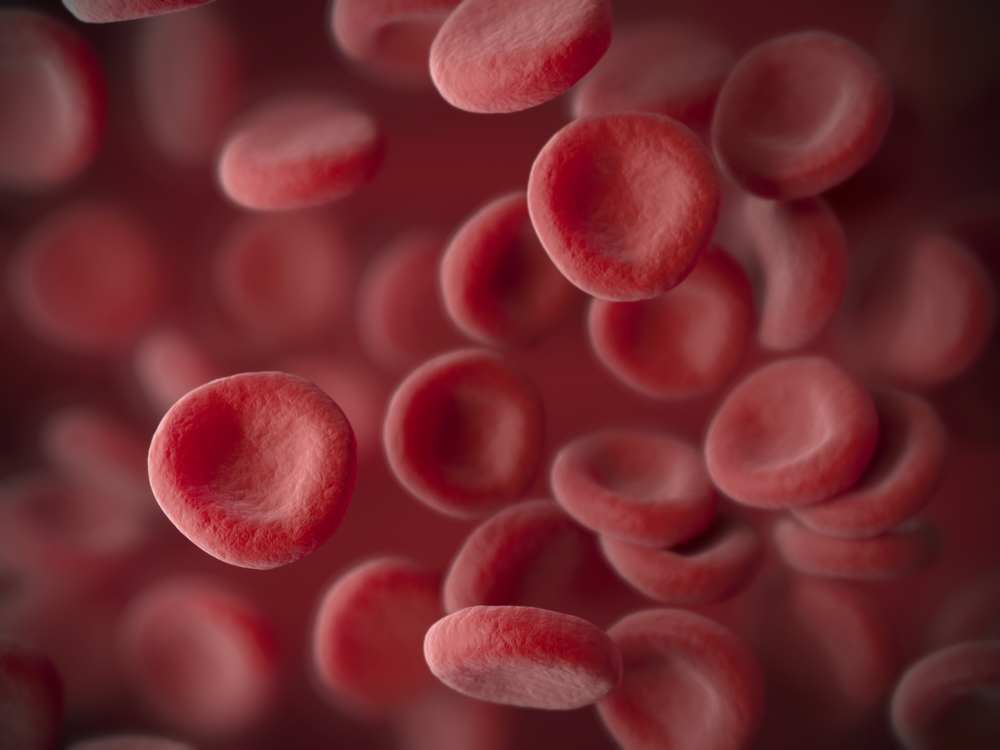Workshop on Factor VIII Inhibitors to Take Place This Week at NIH in Maryland

The National Heart, Lung and Blood Institute (NHLBI) is hosting a State of the Science Workshop on May 15-16, 2018, in Bethesda, Maryland, to include input from the hemophilia community into a coordinated strategy for future basic, translational, and clinical research.
Although preregistration is closed, on-site registration opens at 7:30 a.m. Tuesday, May 15. Also, a live videocast of the general sessions will be available. Use the following link to tune in on May 15 and 16: https://videocast.nih.gov.
The two-day workshop, titled “Factor VIII Inhibitors: Generating a National Blueprint for Future Research,” is on the main campus of the National Institutes of Health (NIH) in Bethesda.
Four pre-workshop group deliberations on scientific priorities, challenges and opportunities determined the preliminary national blueprint for future research on factor VIII (FVIII) immunogenicity and FVIII inhibitor prevention and eradication.
This draft plan for research prioritization will be presented to meeting participants for additional discussion, finalization, and dissemination.
Clotting factor VIII, also known as anti-hemoplytic factor/antihemophilic factor (AHF) or globulin (AHG)/antihemophilic factor A, is deficient or lacking in people with hemophilia A.
Hemophilia A is inherited when two hemophilia-carrying X chromosomes are inherited — meaning in women, the disease is active only when two hemophilia-carrying X chromosomes are inherited, while in men, only one hemophilia X chromosome is needed.
People with hemophilia A might bleed longer than other people, internally or externally, depending on how much clotting factor VIII is in their blood. Today, there are tests that evaluate clotting time and a patient’s ability to form a blood clot, to assess the type and severity of a person’s hemophilia.
Hemophilia A requires lifelong care with replacement therapy being the generally preferred therapeutic approach. With this type of treatment, typically used as “episodic therapy,” concentrates of the missing clotting factor VIII are replaced to prevent complications.
There are other types of therapy that are oriented more for long-term prevention of bleeding episodes, called prophylactic or preventive therapy. When taking prophylactic therapy, patients can administer infusions at home after they receive training.
The development of inhibitors is a serious complication in these patients. It occurs when the patient has an immune response to the therapy and develops antibodies against the the factor concentrates, rendering the therapy ineffective. Treatment of inhibitors is one of the biggest challenges in hemophilia today.
More information about available treatments for people with hemophilia A is available here.






